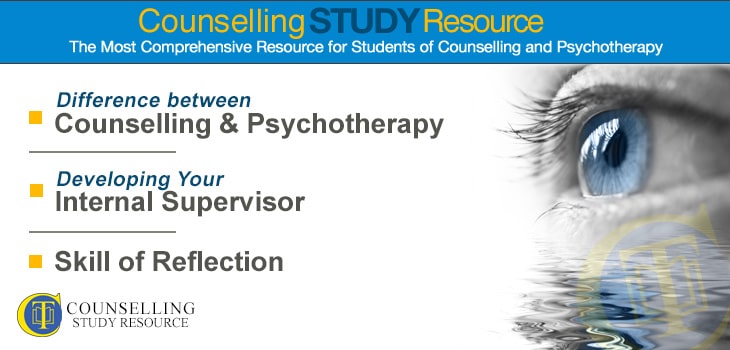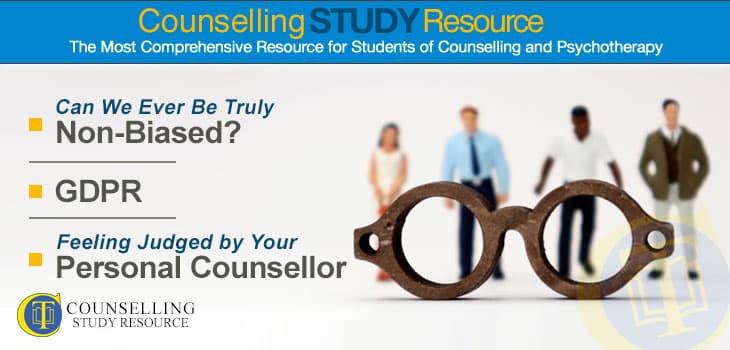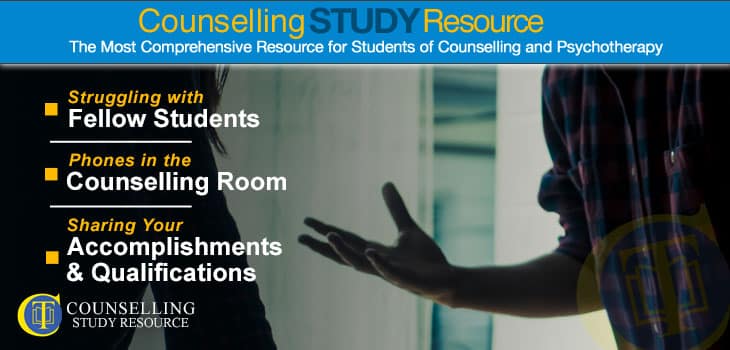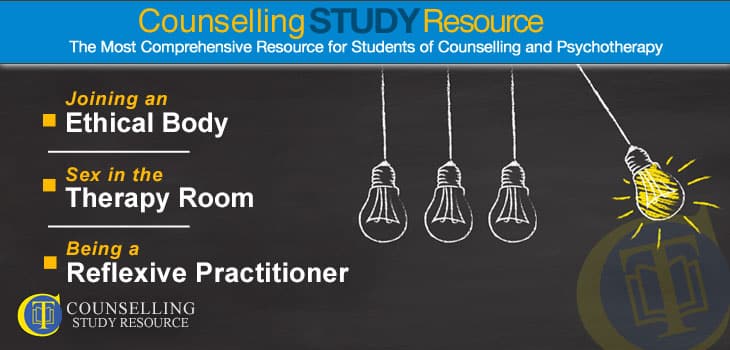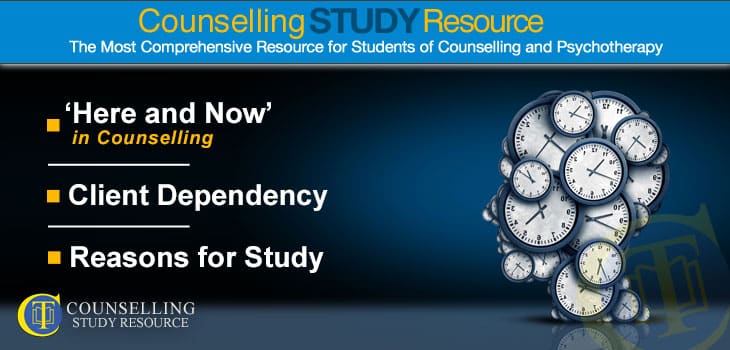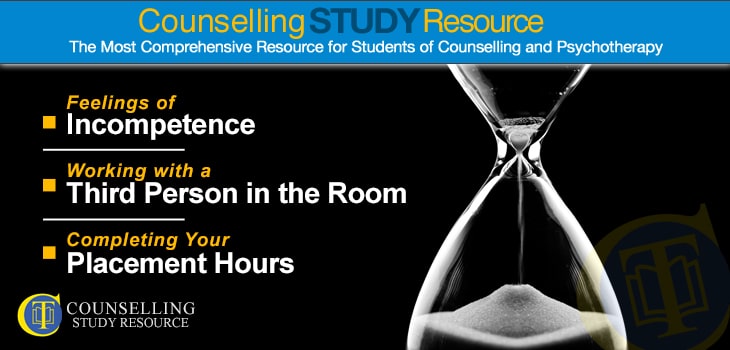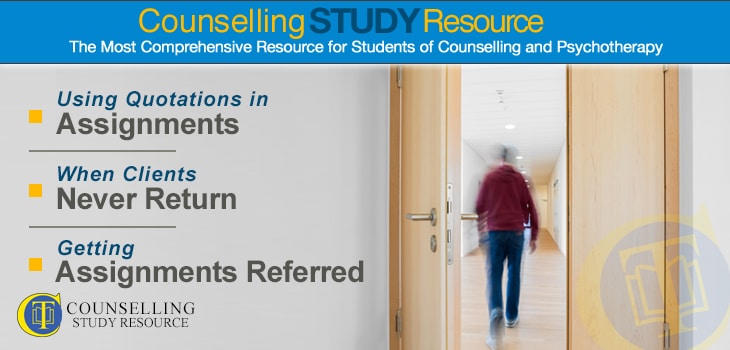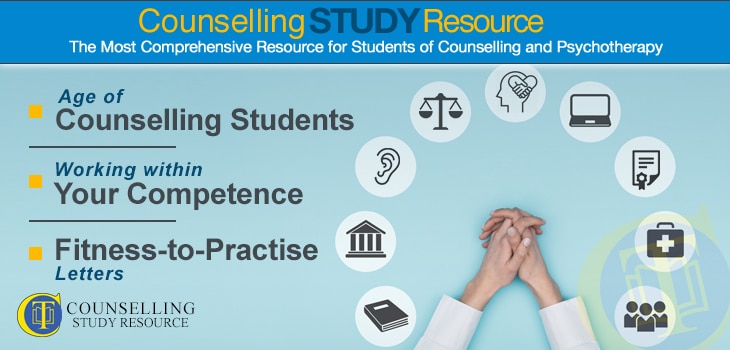096 – Counselling and Psychotherapy Difference
096 – Difference between Counselling and Psychotherapy Practice Matters: Developing Your Internal Supervisor – Skill of Reflection In episode 96 of the Counselling Tutor Podcast, Ken Kelly and Rory Lees-Oakes clarify the difference between counselling and psychotherapy. In ‘Practice Matters’, Rory looks at how to develop your own internal supervisor. Last, the presenters discuss the […]
096 – Counselling and Psychotherapy Difference Read More »
